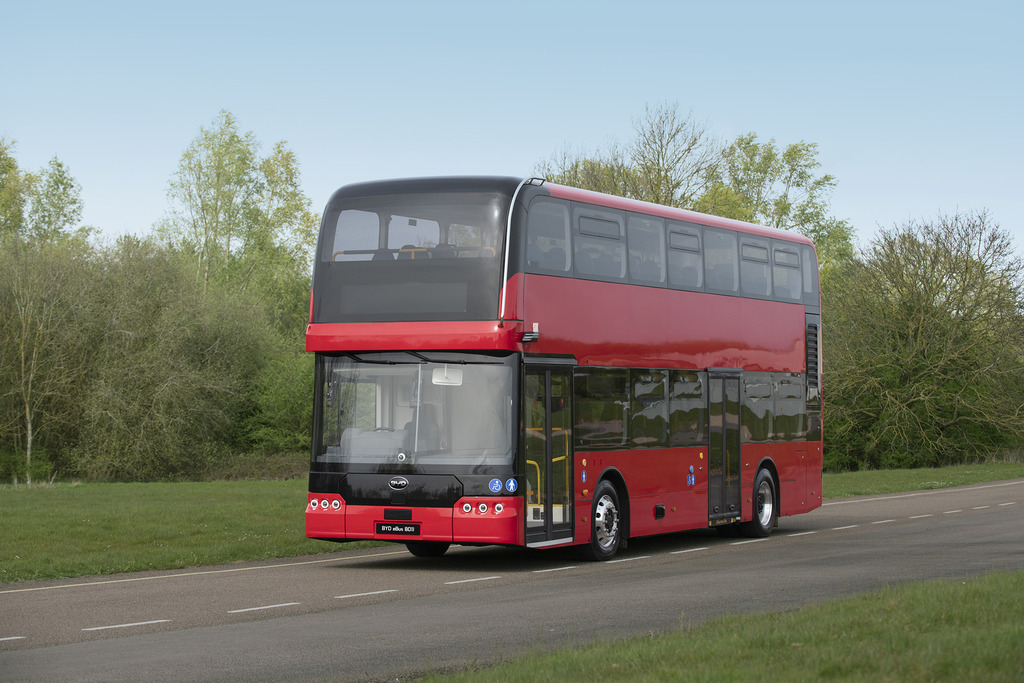EasyJet, Ryanair and Wizz Air are in dispute with British Airways, Air France and Lufthansa over aeroplane vapour trail monitoring.
The trio of low-cost carriers have hit out at the airline industry’s top lobby group, the International Air Transport Association (IATA), over its attempt to exclude long-haul flights from an EU plan to monitor aircraft vapour trails, also known as contrails.
The airlines say that the IATA, which represents British Airways, Air France and Lufthansa, is undermining the EU in its attempt to study the impact of non-carbon emissions on climate change.
The spat began when IATA fired off a letter to the European Commission urging it to focus its contrail investigation only on flights within Europe. This would exclude long-haul flights, reducing the scope of the EU’s environmental study.
Subscribe to Sustainability Beat for free
Sign up here to get the latest sustainability news sent straight to your inbox everyday
IATA’s director-general, Willie Walsh, said that monitoring flights in and out of Europe would create a “huge burden” on airlines and suggested the EU should limit its focus to flights within the continent.
But easyJet, Ryanair, and Wizz Air sent a joint letter to the European Commission, saying that such a narrow focus would “make a mockery” of the EU’s attempt to understand how contrails and other non-CO2 emissions affect global warming.
Long-haul flights account for 52% of the airline industry’s carbon emissions, according to EasyJet, Ryanair and Wizz Air.
They argue that if these flights are excluded from the EU’s study it would weaken the EU’s climate goals and also benefit Britain Airways and other major airlines.
Next year, new EU rules will be introduced demanding that airlines report non-carbon emissions, including contrails, nitrogen oxides, and sulphur, for all flights departing from the EU.
In March this year, EasyJet joined forces with Rolls-Royce, Airbus and GKN to call on the government to provide funding for further research into hydrogen-powered planes.















